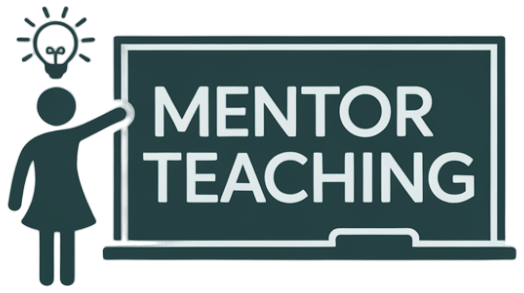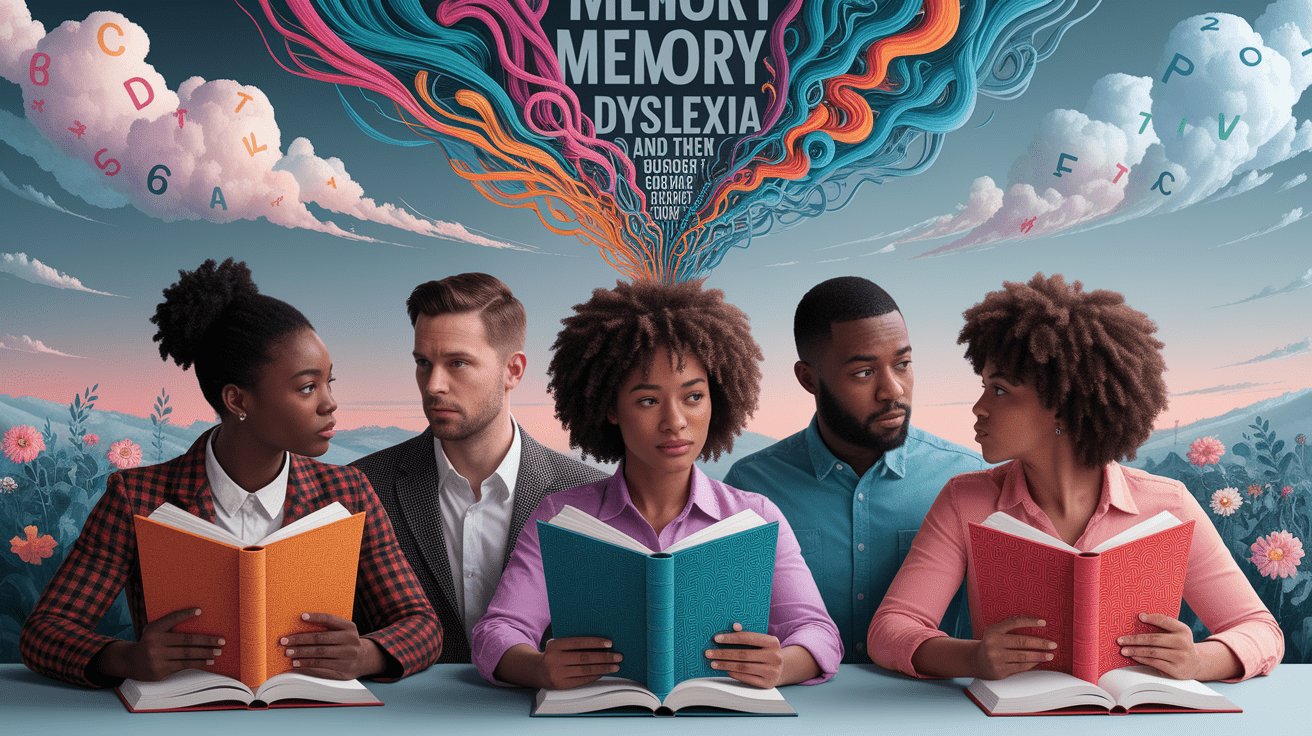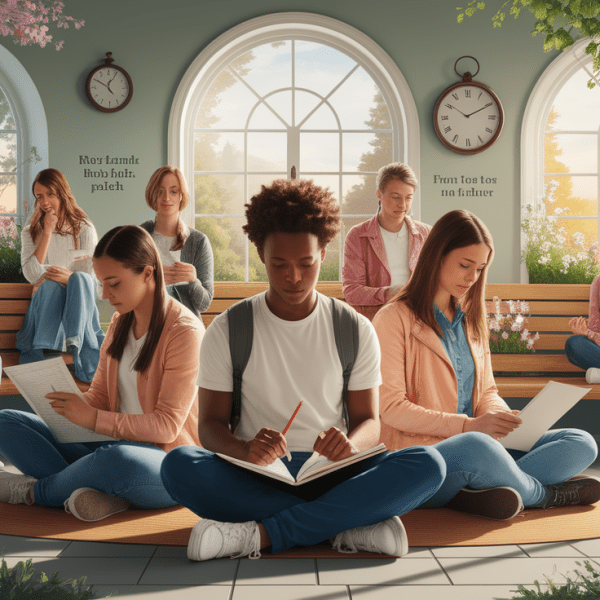Introduction – The Quick Answer
So, you’re wondering: does dyslexia throw a wrench into your memory gears? The quick answer—yes, but not in the “your brain’s a sieve” kind of way. Dyslexia is a learning disorder that mainly affects reading and spelling, but it can also tangle with several types of memory, especially those that play sidekick to reading, learning, and comprehension. The story, however, is much more colorful (and hopeful) than a simple yes or no. Let’s unpack it together!
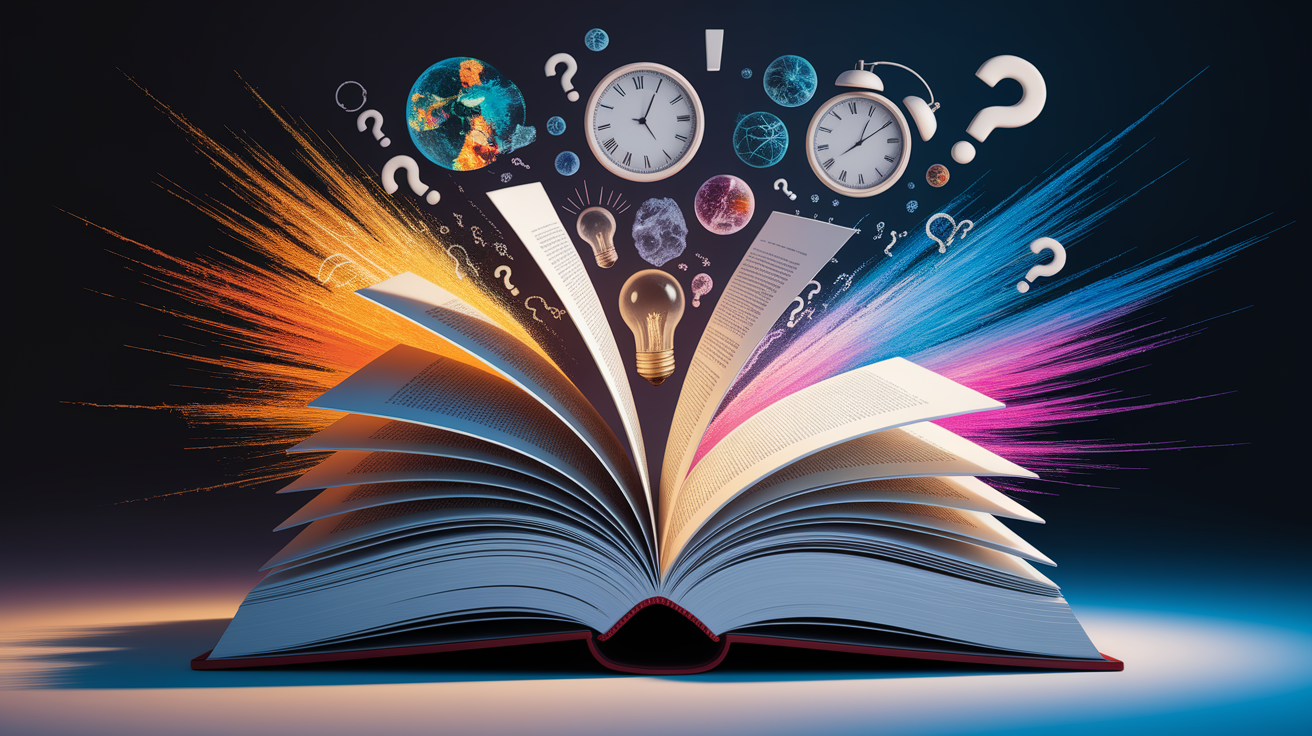
How Dyslexia Intersects with Memory
Dyslexia and memory are like dance partners who sometimes step on each other’s toes. The research spotlight shows that short-term memory—and its cousin, working memory—often work harder for people with dyslexia. These cognitive functions are crucial for holding and juggling bits of information, such as remembering the beginning of a sentence while making sense of the end. Difficulties here can show up in various ways: you might recall fewer details when reading, lose your place in multi-step directions, or need more repetitions to lock in new vocabulary.
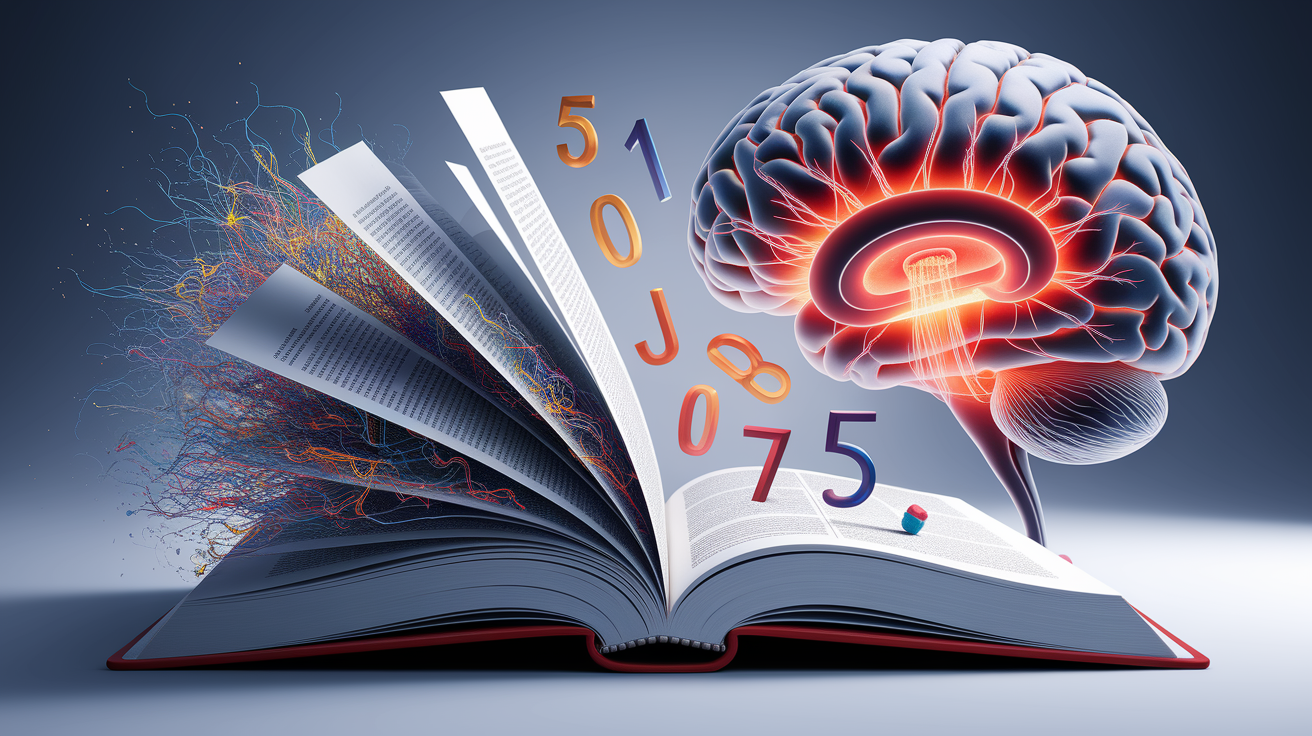
Working memory, which is the mental notepad we use for processing and integrating information, can be particularly tricky. In dyslexia, challenges with working memory often make reading comprehension and other academic skills feel like climbing an uphill trail. But here’s the hopeful catch—these issues are linked to processing differences, not an inability to learn. In fact, memory performance often improves with targeted strategies and experience.
On the brain science side, fascinating experiments using EEG scanning have found unique neurophysiological patterns in children with dyslexia when they perform working memory tasks. These differences highlight that it’s not “poor memory” in a general sense, but a distinct cognitive style at work.
Everyday Memory Challenges
Memory quirks aren’t limited to reading time; they show up in daily life, too. Adults with dyslexia often report more hiccups with remembering to do something later (prospective memory) or retrieving past details (retrospective memory). And this isn’t just about forgetting milk at the supermarket—these slips can impact work tasks, study habits, and time management.

In fact, studies on memory in adults with dyslexia found that these challenges persist across both short and long stretches of time. The difficulty isn’t always solved by calendars or to-do lists, especially if the cues must be self-generated. This is why high-pressure situations like exams can feel particularly tough; it’s not only about knowing the answer but being able to retrieve it quickly under stress.
Supporting Memory in Dyslexia
Here’s the fun part: memory skills can absolutely grow stronger with the right support! Think of it as giving your brain a set of power tools for recall.
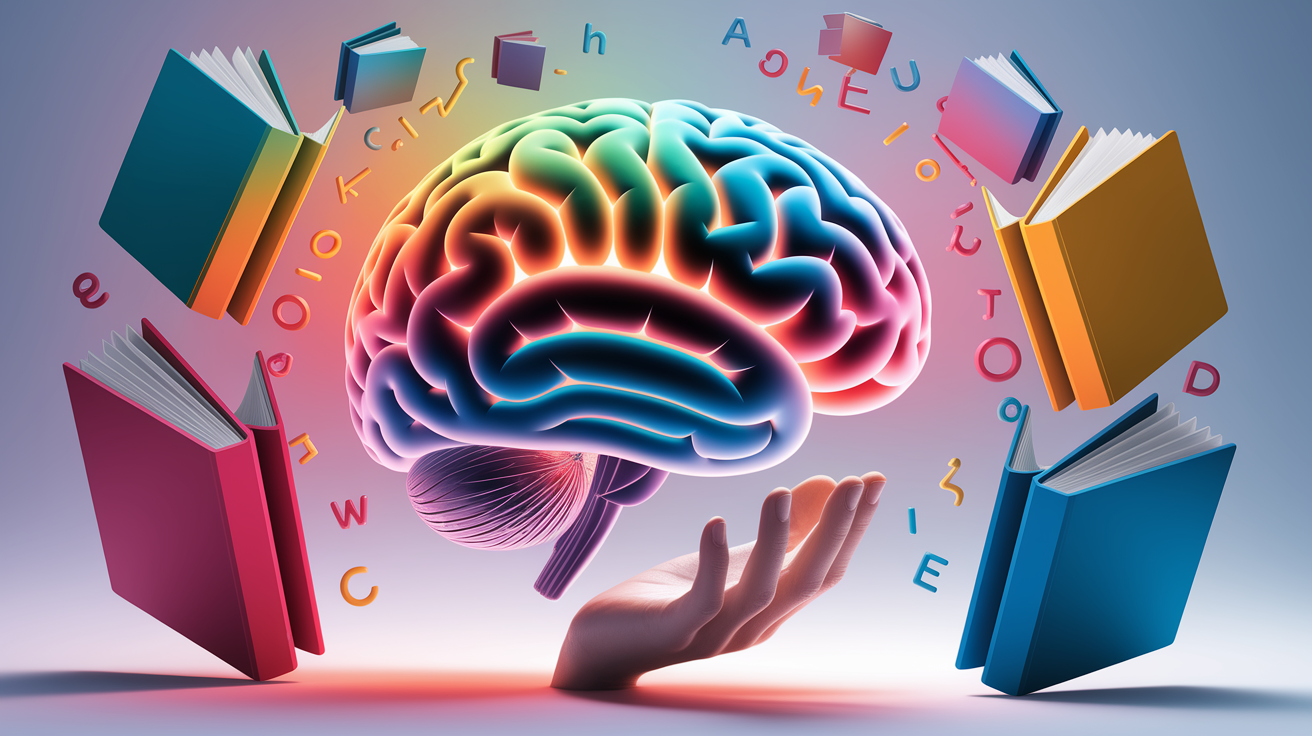
- Use multi-sensory learning: Pairing reading with visuals, movement, or sound creates more pathways for memory consolidation.
- Break information into chunks: Smaller, meaningful units are easier for the brain to hold in short-term memory and transfer to long-term memory.
- Rehearse and review: Spaced repetition and retrieval practice help reinforce connections in both verbal and visual memory.
- Draw on assistive technology: Digital reminders, text-to-speech, and note-taking apps can serve as external memory supports.
- Mind mapping and visualization: These leverage visual memory to reinforce verbal memory weaknesses, making concepts easier to recall.
The relationship between dyslexia and memory isn’t a one-way street. While memory difficulties may reflect the challenges of a reading disability, improving reading and learning experiences can, in turn, boost memory function. That’s why many educators and researchers advocate for tailored strategies that address both.
Conclusion – Strengthening Your Recall
Having dyslexia doesn’t mean living with “bad memory”—it means your memory works differently, often needing alternative routes to reach the same destination. By understanding the links between dyslexia and memory, including the roles of short-term, long-term, and working memory, you can lean into strategies that maximize your strengths. With practice, patience, and the right tools, your recall can become a reliable ally in learning and in life. After all, memory is not a fixed capacity—it’s a skill you can train, sharpen, and celebrate.
